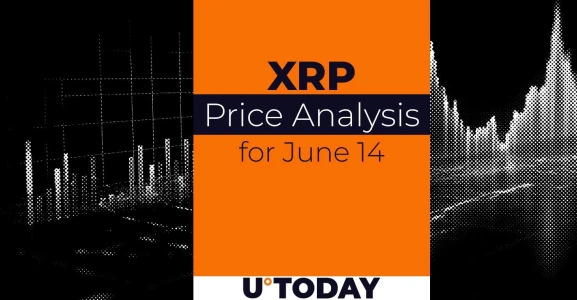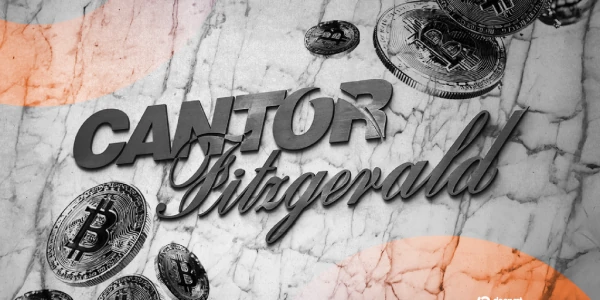
Crypto Founder Charged for Sanctions Evasion and $500M Money Laundering Scheme
Evita Pay founder Iurii Gugnin is accused of turning his crypto firms into a "covert pipeline" for sanctioned Russian entities.[...]
Crypto Kingpin Charged in Sanctions-Busting Scheme
Crypto Payment Firm Founder Accused of Laundering $500M for Sanctioned Russian Banks
Federal prosecutors have charged the founder of a New York-based crypto payment company with laundering over $500 million through the U.S. financial system in a major crackdown on crypto-enabled sanctions evasion.
Iurii Gugnin, a Russian citizen behind Evita Investments and Evita Pay, allegedly used his businesses as a covert pipeline to help sanctioned Russian banks like Sberbank, VTB, and Tinkoff bypass international restrictions.
Exploiting Crypto's Anonymity to Evade Sanctions
According to prosecutors, Gugnin's scheme involved foreign clients sending him cryptocurrency, which he would then launder through wallets and U.S. bank accounts before converting to dollars. The indictment claims he also helped Russian clients acquire sensitive U.S. technology and nuclear materials while hiding their identities.
Court documents reveal Gugnin allegedly took extensive measures to conceal his activities, including searching online for information about money laundering penalties and sanctions violations.
Crypto's Double-Edged Sword: Transparency and Anonymity
This case highlights cryptocurrency's dual nature. While blockchain technology offers transparency that can aid compliance efforts, its privacy features have made it attractive for sanctions evasion. Chainalysis reports that Russia's 2022 legalization of crypto for international payments has accelerated this trend, with sanctioned jurisdictions receiving $15.8 billion in crypto so far in 2024.
Cracking Down on Crypto Sanctions Evasion
The Gugnin case follows several U.S. actions against Russian crypto operations, including the seizure of multiple Russian-linked exchanges. These enforcement efforts, combined with improved compliance programs and blockchain analytics, show the government's commitment to preventing the misuse of crypto infrastructure.
As regulators and law enforcement work to stay ahead of sophisticated sanctions-busting schemes, the crypto industry faces the challenge of balancing transparency with privacy—a balance that will significantly influence cryptocurrency's future role in global finance.
Most Viewed News








